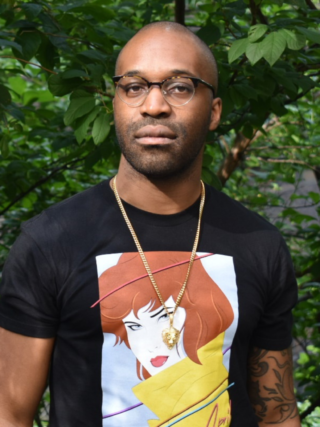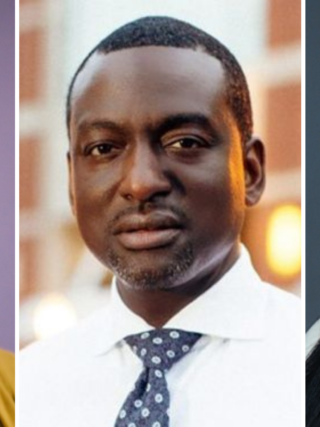We have literary agent Barry Goldblatt, founder of Barry Goldblatt Literary, on 88 Cups of Tea today.
In our conversation, Barry shares how he transitioned from an 11-year career in the rights and contracts departments at various publishing houses to opening his own literary agency. Barry walks us through the elements of a story that attracts him to a novel for representation, his manuscript wish list, the categories he represents and what he’s actively seeking. We discuss Barry’s relationship with his clients, how he meets their needs, and how he guides their work to publication.
Further into our conversation, we get into the nitty gritty of the technicalities like how literary agents match authors and their manuscripts with editors and publishing houses, and what happens to a manuscript after it’s sold to an editor and publishing house. Barry also walks us through what exactly subsidiary rights are in the publishing world.
If you’re about to query a literary agent, you’re in luck because Barry covers the do’s and don’ts of a query letter.
Happy listening!
Xo,
Yin
PS. If you enjoyed this episode, I’d really love your support in growing our community by subscribing to us on iTunes, and leaving a rating and review. These specific steps help to increase our visibility on iTunes which really helps new listeners discover us. A huge heartfelt thank you for your time and support! You can click here to go directly to our iTunes page!
“When I meet a character on the page that is someone I want to know everything about, then I know I’ve got something.”
“If you write something that is really freaking good and I love it and I think I can sell it, I’m going to sell it.”
“I do think this is a very intimate business. If you’re a writer, your manuscript is your baby.”
“I call myself a big picture editor. I see my job as basically getting my clients’ manuscripts dressed as sexy for the ball as they possibly can, so they can have as many suitors as possible at the ball.”
-Barry Goldblatt
What You’ll Learn From This Episode:
- Barry Goldblatt’s manuscript wish list
- Categories he represents and is actively seeking
- How Barry became a literary agent for children’s literature
- The nitty gritty of subsidiary rights in the publishing world
- Why Barry expanded into representing fantasy and science fiction genres
- Making time for both work and family
- Why time management is crucial for a literary agent
- The relationship between Barry and his clients
- How Barry meets his clients’ needs and shepherds their work to publication
- How literary agents match authors and their manuscripts with editors and publishing houses
- What happens to a manuscript after it’s sold to an editor and publishing house?
- The elements of a story that attracts Barry to a novel for representation
- The do’s and don’ts of a query letter
- How setting goals can encourage you to finish your manuscript
Learn More About Barry Goldblatt
Barry Goldblatt opened his literary agency in September 2000, after an 11-year career in the rights and contracts departments at various publishing houses, including Dutton, Dial, Putnam and Orchard Books.
He represents everything from very young picture books up through crossover YA fiction, as well as a limited amount of adult F&SF. Barry prefers character driven work, and also leans towards the quirky, edgy and offbeat. What matters most is the writing; if it’s brilliantly written, he’s interested.
Books & Resources Mentioned in Barry’s Episode:
Reader Con
Roll of Thunder, Hear My Cry by Mildred D. Taylor
Winnie the Pooh by A. A. Milne
Interstellar Pig by William Sleator
The Baby-Sitters Club by Ann M. Martin
Goosebumps by R.L. Stine and J. Lussier
Harry Potter by J.K. Rowling
A Great and Terrible Beauty by Libba Bray
George Saunders
Kelly Lincoln
Watership Down by Richard Adams
Midnight in the Garden of Good and Evil by John Berendt











